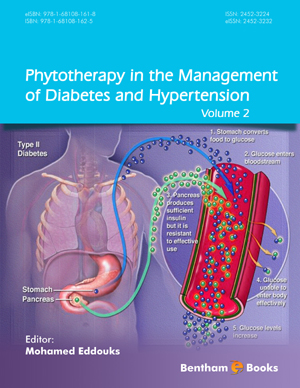Abstract
Hypertension remains one of the most common forms of cardiovascular diseases affecting and plaguing both developing and developed countries. Hypertension, despite its ever-increasing prevalence across all age-groups, sex and race is often associated with potent debilitating complications that constitute huge financial and social burdens to both its sufferers and the society at large. Thus, hypertension and other related cardiovascular diseases are considered public menace. Effective management of hypertension requires a holistic and multidisciplinary approach, based on the identification of patients at highest cardiovascular risk and the use of multifactorial interventions, targeting not only the high blood pressure but all modifiable cardiovascular risk factors. Despite, remarkable and landmark progress and success recorded with the use of conventional pharmacotherapies in the management of hypertension and its complications, therapeutic failures still remain a major clinical concern. Thus, the current chapter defines, highlights and discusses the epidemiology, classification, aetiopathophysiology and risk factors, and complications of hypertension, conventional treatment strategies and alternative therapies (particularly with herbal therapies) employed in the local management of this disease. In addition, an in-depth insight into the recent development in the therapeutic/clinical use of herbal therapies in the local management of hypertension with the view of providing evidence-based preclinical and clinical data that are geared towards promoting the therapeutic use of these alternatives as alternative/adjuvant therapy in the effective management of hypertension.
Keywords: Arterial hypertension, aetiopathophysiology, classification, diagnosis and monitoring, preclinical and clinical data, drug and non-drug therapies, herbal remedies.






















